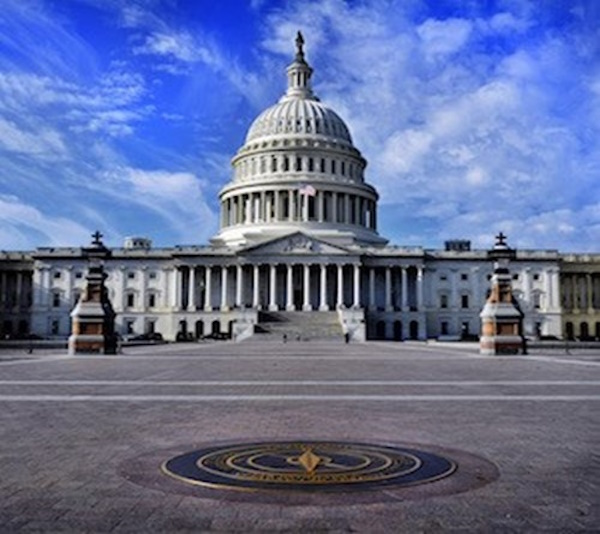
A] Prelude
For more information on pension systems, risk and coverage, feel free to visit our dedicated webpages:
https://expatpensionholland.nl/usa-expat-pensions
https://expatpensionholland.nl/global-pillars-systems
https://expatpensionholland.nl/global-investments-risks-0
https://expatpensionholland.nl/global-social-security-coverage
B] Preference
Americans’ views on retirement are shifting. Many employees are increasingly worried about retirement and they see a return to pension as a way to restore the American Dream of retirement, according to the National Institute on Retirement Security’s (NIRS’) new survey, What Do Americans Think About Pensions for Public Employees?
NIRS finds strong support among Americans for retirement benefits provided to state and local government employees: No less than 86% of Americans say all workers, not just those employed by state and local governments, should have a pension. This support even holds strong across political party lines, with Democrats in agreement at 89%, Independents at 86%, and Republicans at 83%.
C] Additional Benefits
Americans also view pensions as an effective workforce tool for recruiting and retaining public service employees: 82% of Americans agree that pensions are a good way to recruit and retain qualified teachers and 84% say that pensions are a good way to attract and keep qualified public safety employees.
“It’s encouraging that Americans see the value of providing retirement benefits to employees who deliver essential public services, especially at a time when state and local governments continue to struggle filling public jobs,” said Dan Doonan, NIRS executive director and report co-author. “Pension plans are employee magnets that help keep public employees in jobs for their career, which strengthens public services and lowers workforce costs for cities and states.”
“Americans view pensions as a retirement benefit that should be available to all workers, not just those working in public jobs,” Doonan said. “We’re seeing that preference play out across the country as we see Boeing workers advocate for re-instatement of their pensions and on the heels of IBM’s recent announcement that the company will resume offering pensions to its employees,” Doonan said.
D] The Boeing/IBM/3M Example
Retirement plans are a major sticking point between Boeing and its union workers, during the strike. The striking machinists want the world’s largest aerospace manufacturer to bring back the traditional pension plan Boeing ditched a decade ago, as part of a deal with machinists to build its 777 jetliner in Washington.
However, Boeing said in a statement that “there is no scenario where the company reactivates a defined-benefit pension for this or any other population. They’re prohibitively expensive, and that’s why virtually all private employers have transitioned away from them to defined-contribution plans.”
Over the last few decades, pension plans have been replaced in most workplaces by 401(k) plans. Last year, IBM, once in a leader in the shift away from defined benefit plans to defined contribution plans since 1984, announced that it was suspend its 401(k) match and 1% automatic contribution and instead make a monthly account credit toward a hybrid pension plan – consisting partially of a DC plan and partially of a DB plan.
Also, manufacturing conglomerate 3M announced earlier this year it will freeze its pension plans for non-union employees in the United States at the end of 2028. The firm said the move is part of its long-term plan to transition from a pension plan structure to a 401(k) retirement plan structure.
E] Support by workers
Nonetheless, this NIRS survey find strong support for pension plans among workers:
- 82% of Americans agree public pension benefit levels are either too low or about right. The average retirement benefit for public workers is about $2,428 a month, though some employees receive more or less depending on their local cost of living.
- More than 75% of Americans say pensions for teachers make sense because these benefits compensate for educators’ lower pay: 82% agree that those who work in public safety have risky jobs, and therefore should have a pension to provide these workers a secure retirement
- More than 75% of Americans agree public employees should receive pension benefits because they help finance part of the cost by contributing money out of every paycheck.
As of September 2024, state and local governments employ about 20.4 million workers, or about 13% of the U.S. workforce, according to the U.S. Bureau of Labor Statistics data.
F] Finally
The vast majority of state and local government employees have a defined benefit pension largely because these retirement benefits help attract and retain employees for a public service career.
Typically, public employees contribute to their pension benefits each pay period throughout their career. Most public employee pension benefits are paid for with employee contributions and investment income.
